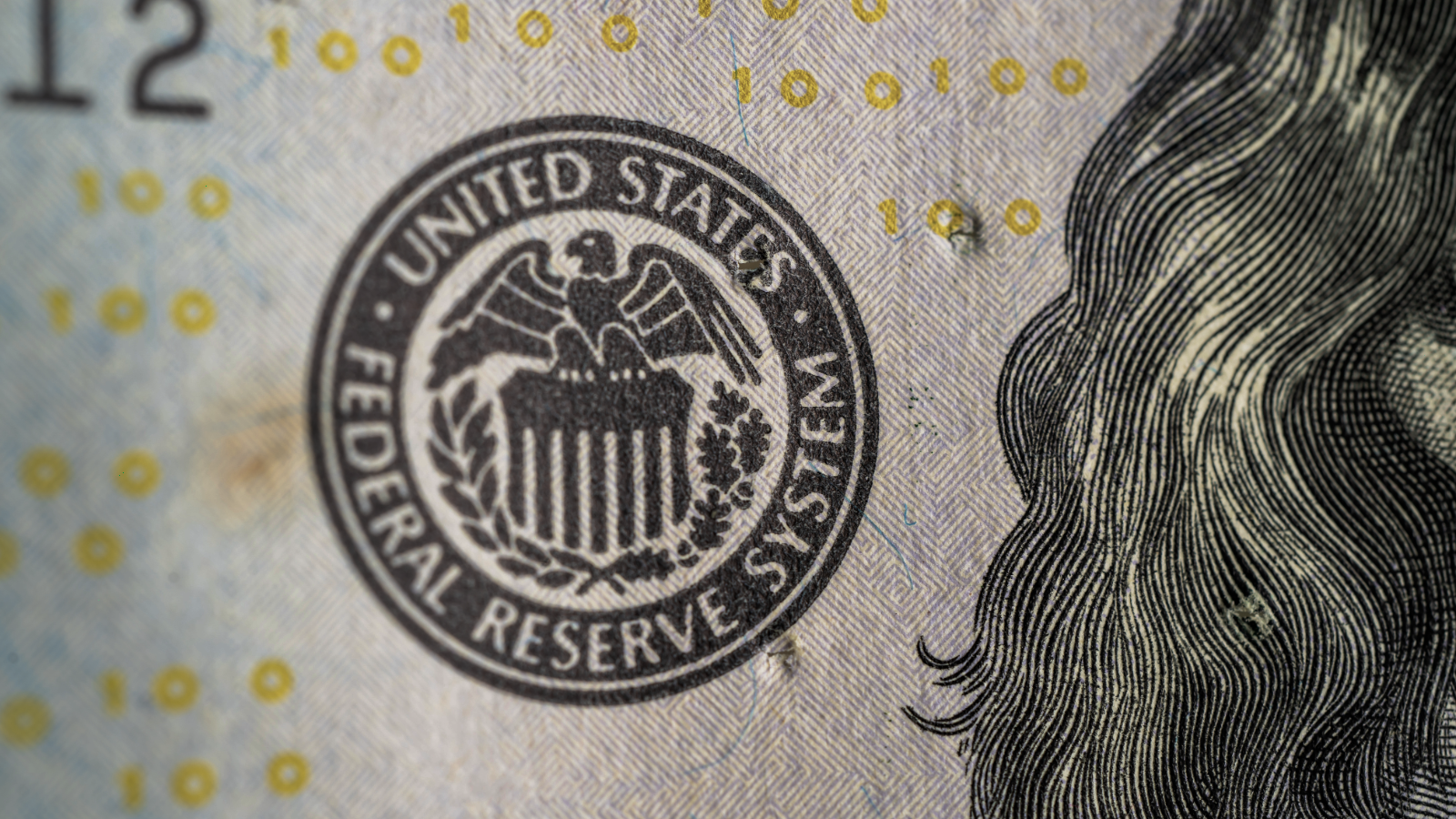Tensions Rise as Trump Criticizes Fed's Powell
The recent statements by President Trump against Fed's Jerome Powell underscore the growing tensions between monetary policy independence and political pressures, with potential legal outcomes.
Published April 19, 2025 - 00:04am

Image recovered from investorplace.com
In recent weeks, tensions have escalated between the Federal Reserve, led by Jerome Powell, and President Donald Trump. Trump's public dissatisfaction with Powell's handling of interest rates highlights a deeper conflict regarding the independence of America's central banking system.
The market has been closely monitoring the Federal Reserve's next moves, especially regarding interest rates. Amidst fears of economic stagnation, Powell has maintained a cautious stance, suggesting that policy shifts would rely on comprehensive economic data rather than political pressures. This has drawn ire from Trump, who has repeatedly advocated for rapid rate cuts, arguing that other global entities, such as the European Central Bank, have been more aggressive in their policies.
The President's criticisms have not remained confined to policy differences. Trump has publicly questioned Powell's competence, hinting at his removal. Legal experts speculate on the ramifications of such a move, as it could lead to a pronounced battle over the autonomy of the Federal Reserve. Trump's administration appears intent on exploring this legal terrain, potentially leveraging an ongoing Supreme Court case that might redefine the boundaries of presidential powers concerning independent agencies.
The core of Trump's argument rests on the effects of tariffs, which he claims necessitate immediate monetary easing. Powell counters that while tariffs may spur temporary inflation, the Fed's focus remains on data-driven policy decisions, keeping away from politically motivated changes. The Fed's historical commitment to independence stems from the belief that a politically insulated central bank is better positioned to control inflation and ensure economic stability.
Wall Street, meanwhile, watches anxiously. Investors fear that an erosion of the Fed's independence could lead to unfavorable economic outcomes, although markets have thus far remained relatively unperturbed by Trump's threats. Analysts suggest that any intervention by the Trump administration in the Fed's operations could set a concerning precedent for future administrations.
Despite the public exchange, Powell's leadership endures amid economic uncertainties marked by trade tensions, fluctuating market signals, and global economic slowdowns. Trump's focus on reducing long-term borrowing costs contrasts sharply with Powell's broader mandate, which includes stabilizing prices and maximizing employment.
As this political and economic drama unfolds, the global finance community watches closely. The implications extend beyond U.S. borders, affecting international economic forecasts and diplomatic relations. Whether Trump's latest confrontation with Powell results in substantive change or remains a rhetorical battle remains uncertain, but its outcomes will undoubtedly impact economic policy discourses on the domestic and international stages.
Ultimately, the resolution of these tensions will hinge on the interplay between established legal frameworks governing the Federal Reserve's operations and the evolving political landscape led by the Trump administration. Observers await potential interventions or policy shifts, as well as the broader ramifications for the U.S. economy and its monetary policy integrity.






